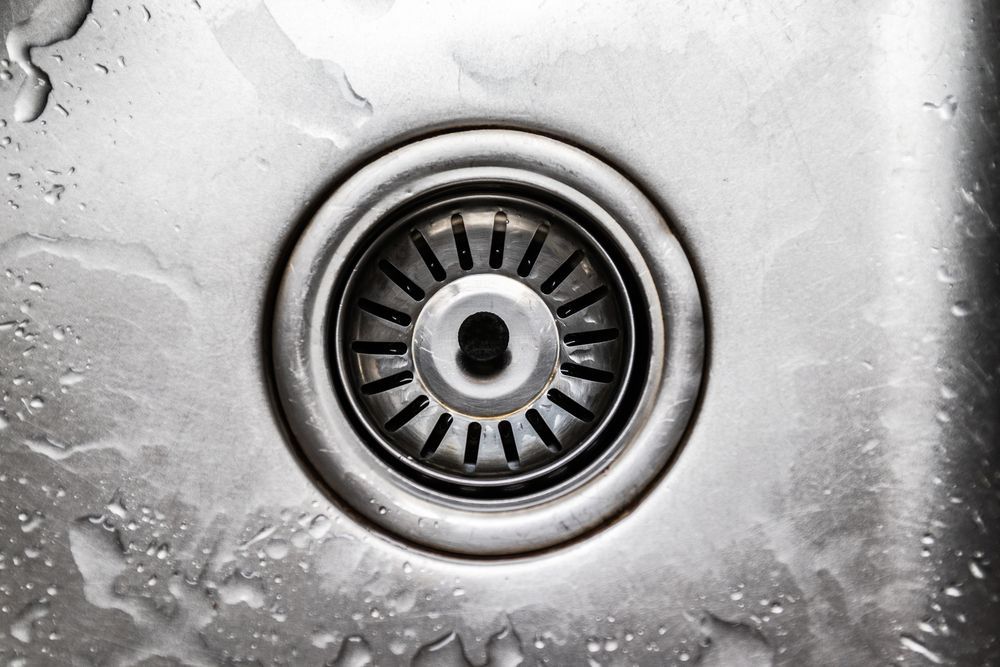
What Not to Put Down the Drain
Tuesday 17th October, 2023We often take the convenience of our drainage systems for granted, flushing away waste without a second thought. But have you ever stopped to consider what happens once it’s out of sight? The UK is notorious for its old sewer system, which still primarily consists of pipes and waterways built in Victorian times. This old system is especially vulnerable to blockages and pollutants, most of which are caused by items and substances flushed down our household drains.
In the following blog post, we explore the subject of responsible waste disposal, focusing on items that you should never, under any circumstances, put down your drains. The environmental and economic consequences of blocked drains are far-reaching, making it essential for each of us to be aware and take responsible actions.
The Consequences of Blockages
When drains get clogged, the result is often an overflow of sewage and waste into our natural water systems. This pollution has a direct impact on rivers, streams and ultimately the oceans. Water quality deteriorates, making it unsafe for both humans and animals.
Contaminants from blocked drains, including chemicals, plastics and other pollutants, can be toxic to aquatic species. The decrease in water quality can lead to algal blooms that deplete oxygen levels in water, leading to the death of fish and other marine organisms.
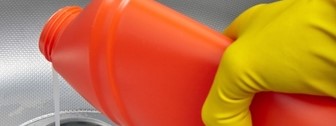
In some cases, blocked drains can lead to leakages that contaminate the soil. When the soil is polluted, it affects terrestrial ecosystems and can make the land unsuitable for agriculture or natural vegetation.

Blocked drains and sewers are also a huge financial burden on local authorities, requiring urgent and often complex repair works. These costs, which run into millions of pounds annually in the UK, are ultimately borne by the taxpayer.

Wastewater treatment facilities are designed to handle organic waste, but when non-biodegradable items are introduced into the system, it leads to operational difficulties. These facilities may require additional stages of treatment, or in worst-case scenarios, may shut down temporarily, all of which result in higher operating costs.
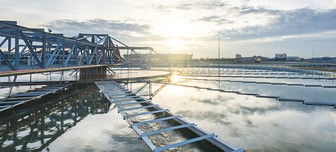
Blocked drainage systems can also result in sewage backups into homes and streets, posing severe health risks. The resulting cleanup and medical treatment costs further exacerbate the economic burden on communities.

By understanding the various adverse effects of blocked drains, it becomes clear why responsible waste management is not just a personal duty, but a collective one that impacts society at large.
Common Culprits
There is a range of substances and items that are often found clogging sewers that come from our toilets and kitchen sinks. Some of these may seem obvious, while others you may have never even considered:

Food Waste
You might think it’s convenient to wash away oils, grease and food particles down the sink, but these items coagulate and cause severe blockages.
- Fats, oils, and grease (FOG): FOG is notorious for hardening as it cools, causing significant blockages in pipes and sewers. These fatty substances line the walls of the drainage pipes and catch other waste, leading to larger blockages over time. Examples include cooking oil, butter and fatty food residues.
- Coffee grounds and food particles: small particles like coffee grounds also contribute to blockages as they get stuck in the pipes, combining with other waste to form larger obstructions.
- Fruit and vegetable peels: starchy and fibrous materials like potato peels, carrot peels and onion skins can stick to the sides of pipes or catch on other debris, leading to blockages.
Hygiene Products
Hygiene products like wet wipes, sanitary products and cotton buds are often flushed down the toilet without a second thought. Despite their size, these items are not designed to disintegrate quickly and can contribute to blockages.
- Wet wipes: often mistaken as flushable, wet wipes are one of the leading causes of sewer blockages. They are designed to be durable, which means they don't break down as quickly as toilet paper.
- Sanitary products: items like tampons and sanitary pads are made to be super absorbent and, therefore, expand when they come into contact with liquids. Flushing them down the toilet almost guarantees a blockage at some point.
- Cotton buds: the plastic stems of cotton buds are particularly troublesome. They can navigate through bends in pipes, eventually catching on other debris and creating a blockage.
- Dental floss: although it may seem too thin to cause a problem, dental floss is generally not biodegradable and can wrap around other objects in the pipes, making minor clogs worse.
Plastic Waste
Plastic items like straws, microbeads from cosmetic products and plastic wrappers should never go down the drain. They take years to degrade and can wreak havoc on marine ecosystems.
- Microbeads: most products that previously contained microbeads have been outlawed by the UK government. However, these harmful beads are still found here and there, and contribute to microplastic pollution.
- Plastic wrappers and straws: items like plastic candy wrappers or straws may accidentally end up down the drain, and are highly detrimental to both plumbing systems and the environment due to their non-biodegradable nature. Make sure these items go in the bin instead.
- Contact lenses: even contact lenses have been found to have been flushed down the toilet, and this contributes to microplastic pollution. Made from polymers, these lenses do not break down easily and can contribute to blockages and environmental damage.
- Face masks: since the beginning of the pandemic, face masks have become more common due to obvious reasons. These masks are usually made from cheap synthetic materials that not recyclable or disposable.
The FOG Problem
In the UK, "fatbergs" formed from FOG and other waste materials are a significant issue. These monstrous blockages have been known to be as long as a double-decker bus and are extremely challenging to remove.
FOG solidifies as it cools down, sticking to the walls of sewer pipes. Over time, these fatty deposits accumulate and catch other types of waste, forming a congealed mass. Once a fatberg begins to form, it can grow rapidly as more FOG and debris flow into it.
Several significant fatbergs have made headlines in the UK:
- In 2017, a fatberg weighing 130 tonnes was discovered in the sewers of Whitechapel, London. It was over 250 metres long and took nine weeks to remove.
- Another fatberg found in Devon was reported to be 64 metres long, blocking an entire sewer tunnel and requiring specialised equipment to break it apart.
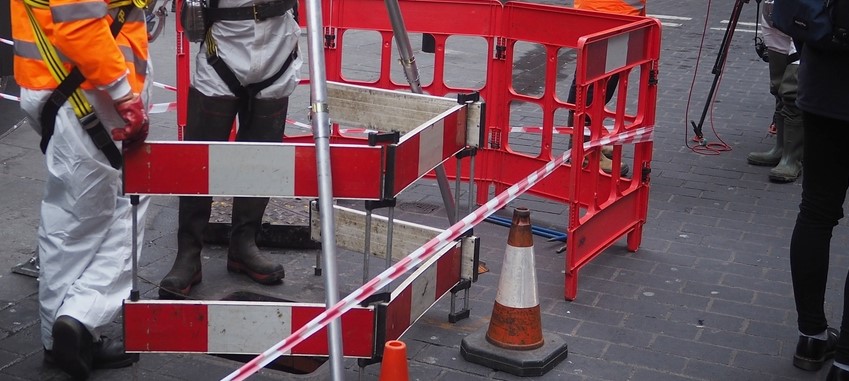
The Cost of Removing Fatbergs
The removal process for fatbergs is both time-consuming and costly. Specialised teams often have to use high-pressure water jets, shovels and even pickaxes to break down these masses. The removal not only costs local authorities thousands of pounds per incident, but also poses significant health and safety risks to the workers involved, as toxic chemicals are released as it is disturbed.
Why 'Flushable' is Misleading
Many hygiene products such as wet wipes, toilet cleaning wipes, and even some types of cat litter come with a 'flushable' label. This label gives the impression that these items are safe to flush down the toilet. However, the term is often misleading and contributes to the problem of drain and sewer blockages.
The Disintegration Test
One of the primary reasons these products are considered flushable is that they pass through the U-bend and are out of sight. However, unlike toilet paper, which disintegrates quickly when wet, these 'flushable' items take a much longer time to break down. Wastewater facilities use a series of physical and biological processes to treat sewage, and these are not designed to handle items that don't disintegrate easily.
Regulatory Standards
The lack of a standardised, legally recognised definition for 'flushable' adds to the confusion. In some countries, there are voluntary industry codes, but these are often not stringent enough to ensure that items break down as efficiently as regular toilet paper. In the UK, the 'Fine to Flush' designation is gaining traction and can be seen on an increasing number of products' packaging, but there is still no legal requirement for companies to take this step.
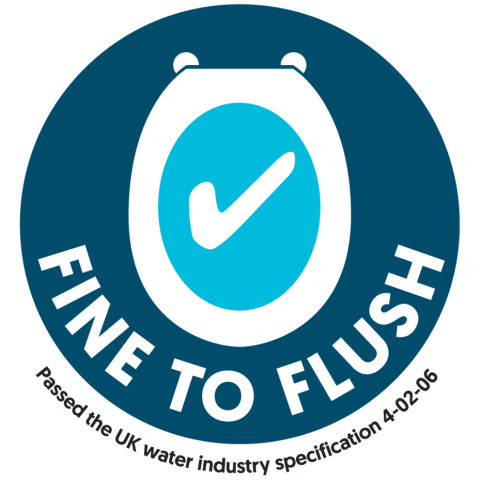
Environmental Impact
Even if these products eventually break down, the chemicals and materials used in their manufacturing can be harmful to aquatic life. The synthetic fibres in wet wipes, for example, can take years to decompose, all the while releasing microplastics into the water system.
Public Awareness and Education
The misconceptions surrounding 'flushable' products make education crucial. Understanding what can and can’t be flushed can significantly reduce unnecessary blockages and environmental damage. It is vital for consumers to be sceptical of the 'flushable' label and to educate themselves about the real impact of these products.
To learn more about flushable products, read our guide here.
Responsible Alternatives
Making responsible choices about what we dispose of down our drains is a collective responsibility that benefits not just our households, but also our communities and the environment at large. While there is still a long way for our government and manufacturing companies to go, we can each do our part to help the process along. Below are some alternatives to consider:
Safe Ways to Dispose of FOG
- Use a grease trap or collector: consider installing a grease trap under your sink to collect FOG. Alternatively, you can use a simple jar or container to collect it manually. Once the container is full, dispose of it with your regular household waste.
- Repurpose cooking oils: some types of cooking oils can be filtered and reused. For instance, oil used for frying can often be reused a couple of times before it becomes rancid.
- Community recycling points: some communities have recycling points specifically for cooking oils and grease, which can then be processed and turned into biofuels. Check to see if such facilities exist in your area.
Biodegradable Hygiene Products
- Organic cotton sanitary products: many brands offer sanitary products made from organic cotton that are both biodegradable and better for your health.
- Reusable alternatives: consider using reusable hygiene products like cloth nappies, menstrual cups and washable cleaning cloths. These are not only eco-friendly but also cost-effective in the long run.
- Bamboo-based products: for items like cotton buds, look for those with stems made from bamboo rather than plastic. Bamboo is a sustainable and biodegradable material.
Reducing Food Waste
- Composting: many food items that often go down the drain, like coffee grounds and vegetable peels, are excellent for composting. Composting is a natural process that turns organic material into a nutrient-rich soil conditioner, beneficial for gardens.
- Garbage disposal alternatives: if you must dispose of food waste through the sink, consider installing a waste disposal unit that grinds up the food into small particles. However, be cautious not to put FOG and fibrous materials into these units.
By adopting these responsible alternatives, each of us can play a role in reducing drain blockages and their consequent impact on our environment and public finances.
Pledge with Unblocktober
Through awareness and responsible action, we can significantly reduce the negative impacts. Click on one of the buttons below to pledge your support to Unblockotber and do your bit to protect our waterways, infrastructure and marine life.
